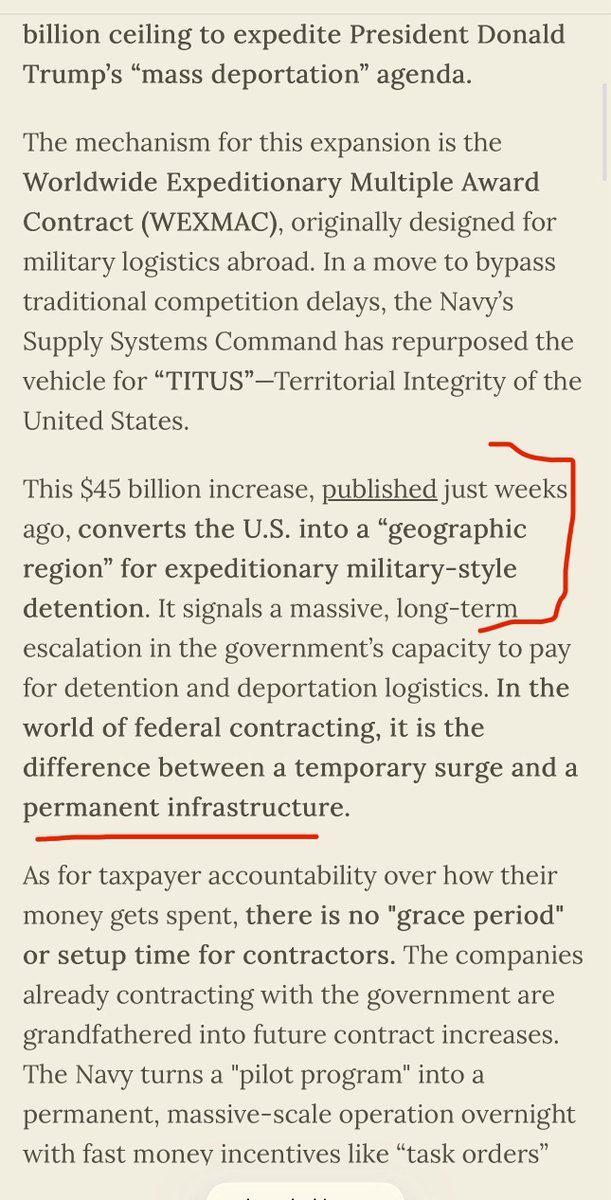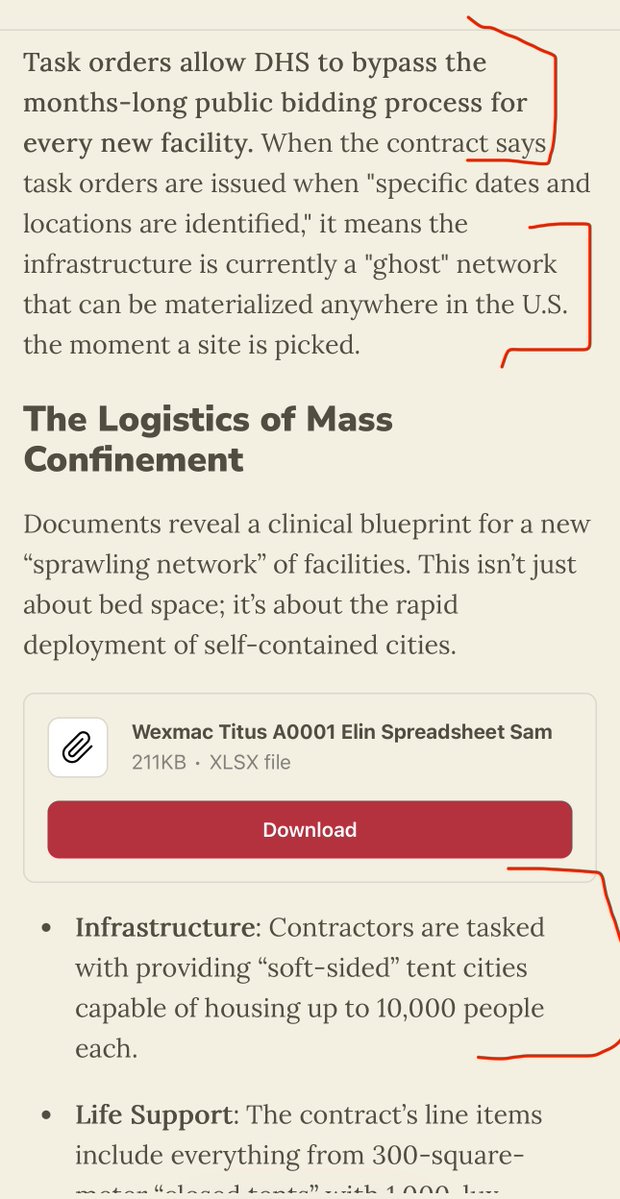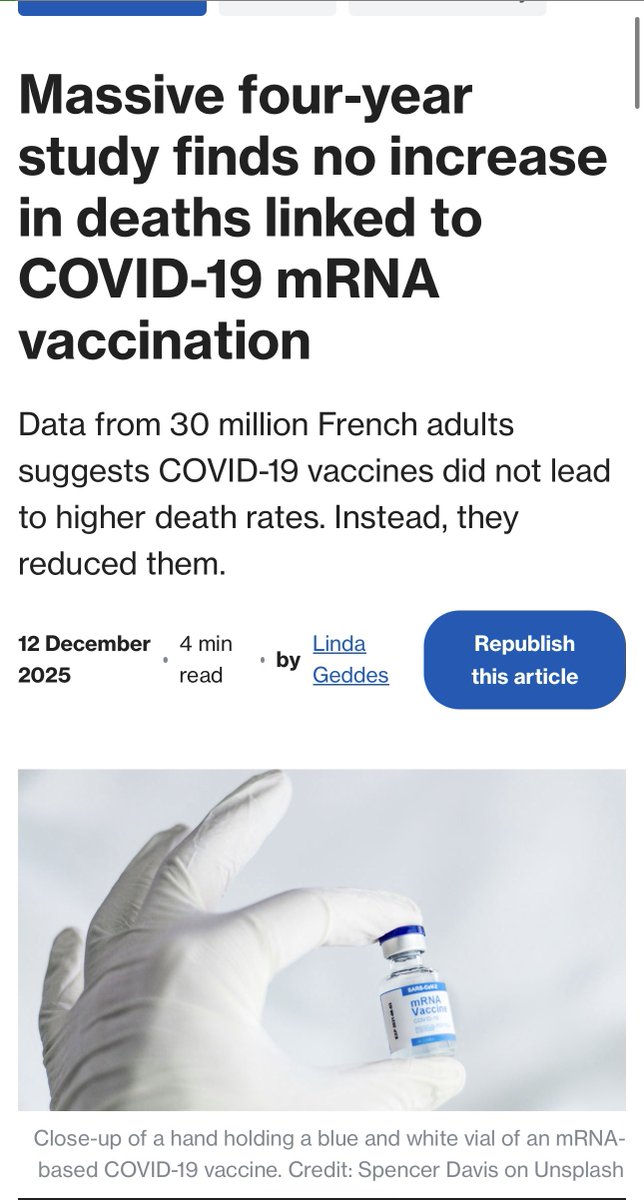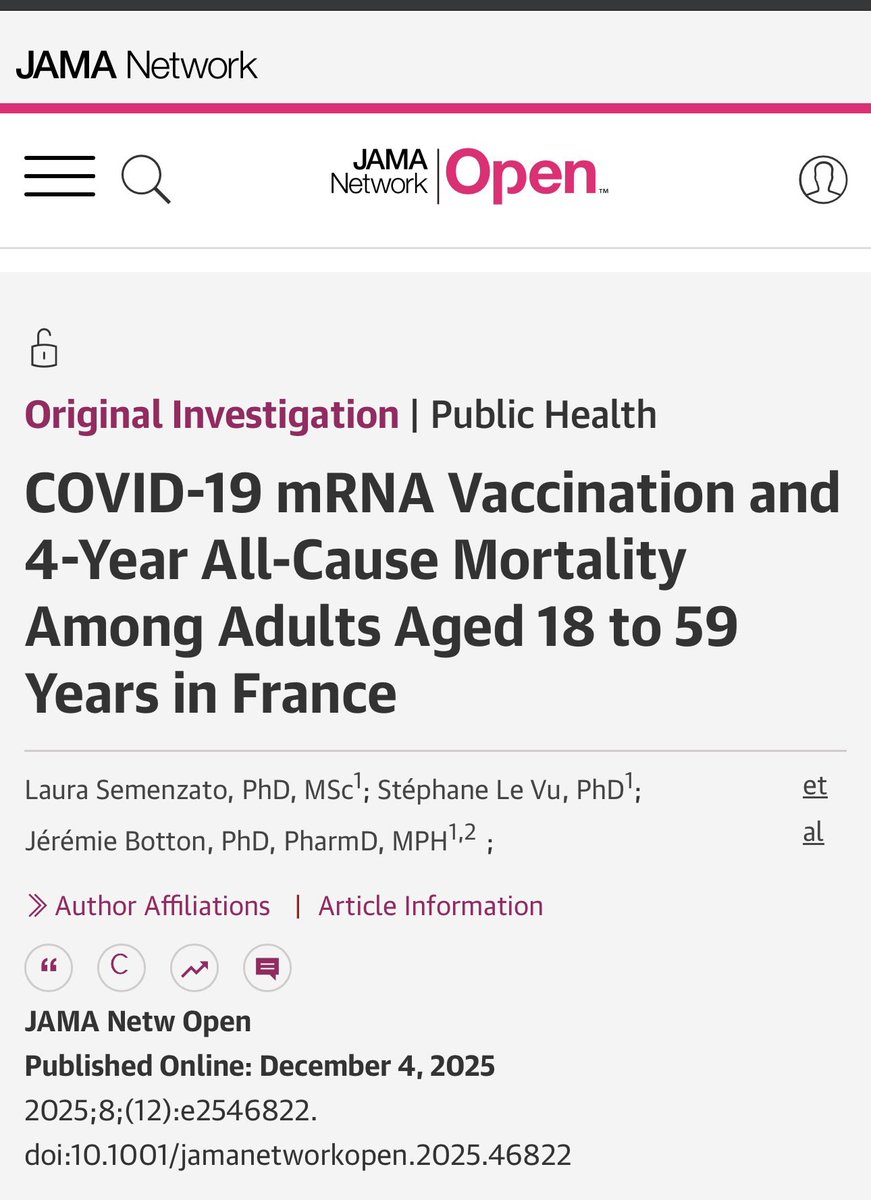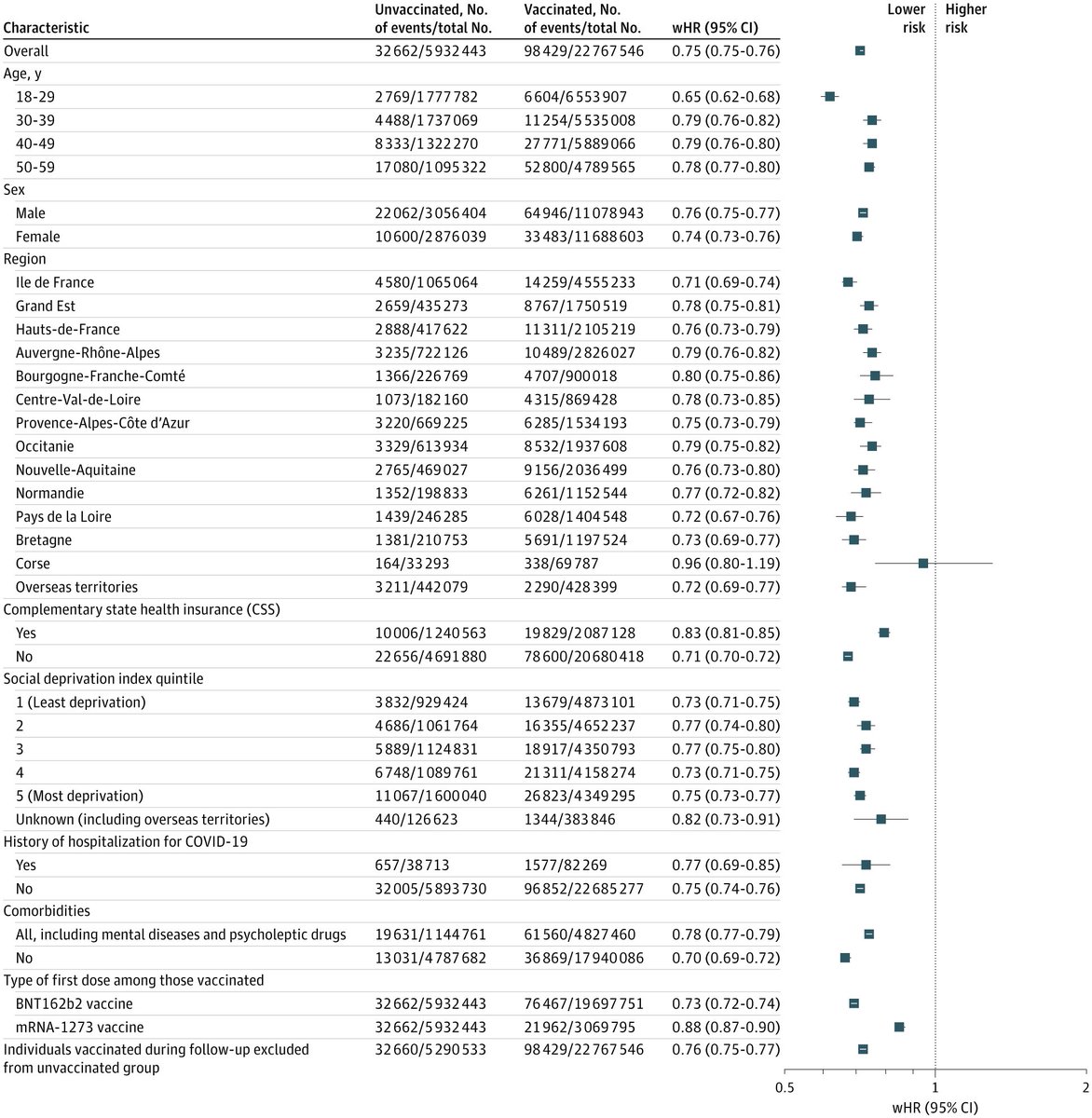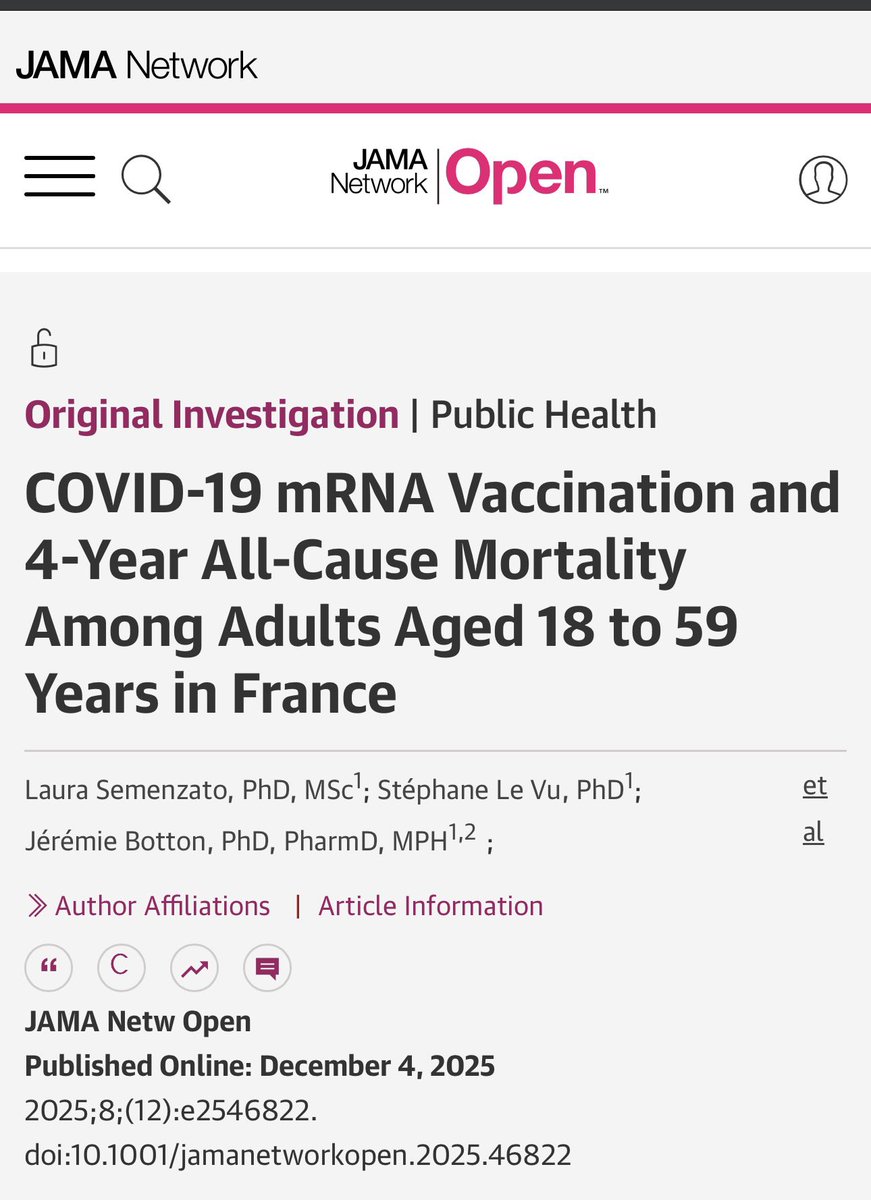BREAKING—Sydney 🇦🇺 just announced a two week lockdown for Greater Sydney because of #DeltaVariant. “If we’re going to do this, we need to do it properly. There’s no point doing a 3-day and then having #COVID19 continue to bubble away in the community.” theguardian.com/australia-news…
2) “at this stage, the best health advice we have is that a 2-week period or until midnight on Friday, July 9, is necessary, in order to make sure that we get to our target of zero community transmission, which has always been our target from the beginning of the pandemic.
3) “Given how transmissible the virus is, given extra exposure venues, we know that even the best contact tracers in the world can’t stay a step ahead unless we put this in and we need to do it properly. So there was no point doing 3-5 days because it wouldn’t have done the job.
4) “The best health advice today is that it should be for two weeks, but if there is any massive improvement ahead of that time, of course, we’ll evaluate that. But the best advice we have from Dr Chant and the health experts is that we should brace ourselves for more cases”
5) “We’re finding that all household contacts, unfortunately, are getting the virus. Transmissibility is at least double what previous variants had been. So we do need to brace ourselves for potentially larger number of cases in the following days”
6) Asked about the timing of announcing this lockdown, she went on to say:
“Just in the last couple of hours, we were advised that potentially there are a couple of cases that have been active in the community outside of the areas of concern for a few days.”
“Just in the last couple of hours, we were advised that potentially there are a couple of cases that have been active in the community outside of the areas of concern for a few days.”
7) Chief health officer Kerry Chant is asked what to do if you’re a resident of one of the locked down areas but have already left the lock down zone for a holiday recently?
She clarifies: …
She clarifies: …
8) “Those individuals if they’ve been in Greater Sydney since June 21 will need to follow the stay-at-home orders for that period for 14 days since they left.
They can buy food and groceries and enjoy the outdoor environment, but they can’t go to hospitality and other venues.”
They can buy food and groceries and enjoy the outdoor environment, but they can’t go to hospitality and other venues.”
9) How the hell did Sydney let #COVID19 explode after controlling it so well last year? #DeltaVariant of course — and its incredibly fast transmission where just seconds of “fleeting” exposure enough to infect someone. And oh boy did the airport limo driver did… see 🧵…
https://twitter.com/drericding/status/1406779894785351688
10) “they just passed each other in the store”… “there was no contact”. #DeltaVariant is just that contagious and fleeting. Please #MaskUp
11) One of the other “fleeting” contacts was with another woman in an outdoors cafe. Yes you heard that right. And they were sure she got it from him because of the genomic exact match of the virus.
https://twitter.com/drericding/status/1406784126842245121
12) #DeltaVariant is extremely fast. It is the fastest transmitting variant known to date. The WHO data from 64 countries shows it is leaps and bounds faster than all previous major variants of concern
https://twitter.com/DrEricDing/status/1405633531695489027
13) Sydney has to do a lockdown because its vaccination rate is abysmally low due to low vaccine supply. Australia vaccination rate is roughly India’s… and this was what happened to India 🇮🇳 when #DeltaVariant emerged & hit India hard… this is the reality when O2 runs out.
https://twitter.com/drericding/status/1406794651995148290
14) Because if you don’t lock down, India and UK are what you get… but Australia’s vaccination rates are closer to India than to UK. So that’s not good.
https://twitter.com/DrEricDing/status/1406681179219189760
15) even if you have 46% UK vaccination rate… this is what you get in UK - 10% of all hospitalizations still among those 2 dose vaccinated that offers 79-88% protection via Pfizer and 60% protection via AZ… 94% protection against vaccination. Still #DeltaVariant breakthroughs.
https://twitter.com/drericding/status/1406421721717030916
16) Local NSW health minister laments the lack of vaccine supplies - an “ongoing issue”…. Australia govt should have ordered more faster. If even non-wealthy South American countries can order millions, so can Australia 🇦🇺. Cmon
17) Apparently Australia 🇦🇺 just finally waking up that the virus is airborne. Perspex (plexiglass) screens are ineffective against airborne transmission it’s suddenly dawning on them finally 17 months after Wuhan. #COVIDisAirborne ht @DamianTheAussie
18) I’m seeing apologist comments like “AUS ordered 195 million doses… it’s the manufacturers who are late” ➡️ Nope, sorry—It’s now June 2021. Every major wealthy country has plentiful vaccines. Even many poorer LMIC countries have half their country 1 shot vaccinated (eg Chile) 

19) Ummm… AUS is at just **5.68% two dose vaccinated**… that’s barely more than India… and 🇮🇳 ran out of oxygen for the country when #DeltaVariant slammed it hard. AUS is in deep trouble if this lockdown don’t stop Delta fast.
https://twitter.com/ausvaccine/status/1408652729824604164?
20) Dear @ScottMorrisonMP, Australia 🇦🇺’s vaccination rate is abysmal… your slow vaccine acquisition & rollout has jeopardized your county. The current vaccination level is not enough to stop #DeltaVariant without sharper lockdowns and faster action with masks & ventilation. 🙏 

21) Further embarrassing — healthcare workers in Australia 🇦🇺 still only use mere surgical masks instead of formal high grade N95 masks in hospitals. Not even KN95 or FFP2 premium masks. This is shamefully inadequate HCW protection for an airborne virus. AUS need to switch ASAP.
https://twitter.com/enenbee/status/1408638013429620745
• • •
Missing some Tweet in this thread? You can try to
force a refresh


